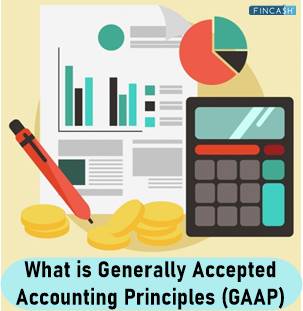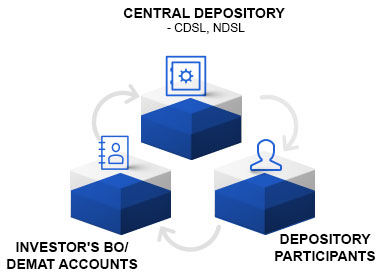
Table of Contents
Accounting Principles
Accounting Principles Definition
Accounting principles are standard practices that companies follow in recording, formulating, and presenting their financial statements. A company is obligated to create a financial statement according to the acceptable and viable accounting principles so as to put forth a fair and accurate picture of the company’s affairs.

In India, the general principles are Indian accounting standards and accounting standards. Unchanging principles help to compare different financial statements of companies. Suppose that two companies follow the same principles, then the results of these two entities can be compared with each other.
Advantages of Accounting Principles
Here are some of the advantages to acquire from accounting principles in India:
- Helps to recognize items as expense, Income, liability or asset
- Assists in understanding the amount at which the item should be recognized in the accounts
- Helps to present these items in a Balance Sheet or financial statement
- Provides the required disclosure to be made according to the recognition of items
With accounting principles, companies get profound guidance in terms of preparing and presenting financial statements. It decreases the chances of inconsistencies and provides a precise picture that makes comparisons even easier.
Primary Accounting Principles
Accrual Principle
This concept helps to record accounting transactions in the periods when they occurred instead of the periods when the cash flows were associated.
Consistency Principle
Once you have implemented this method, you would have to make sure that you continue using it until a better method or principle comes into the picture.
Talk to our investment specialist
Matching Principle
This principle delineates that expenses should get recognition and get recorded whenever the expenses get matched with the revenue earned from the incur of these expenses.
Conservative Principle
This concept allows companies to record liabilities and expenses as soon as possible. However, the recording of assets and revenue is done only when there is a surety of them happening.
Revenue Recognition Principle
According to this principle, revenue is recognized when they occur and not when the amount is received.
Going Concern Principle
This one is applied when the firm is looking forward to continuing its operation for the predictable future.
Difference Between Accounting Principle and Accounting Policy
Although a majority of people find accounting principle and policy similar; however, both these concepts are widely different. Basically, the accounting principle is broader than the policies.
For example, Depreciation is considered as an accounting principle of amortising the tangible assets’ amount. Now, depreciation can be charged by the Written Down Value (WDV) method and Straight Line Method (SLM) amidst others. Tangible assets’ depreciation is an accounting principle while following the SLM method for this aspect is an accounting policy.
All efforts have been made to ensure the information provided here is accurate. However, no guarantees are made regarding correctness of data. Please verify with scheme information document before making any investment.












